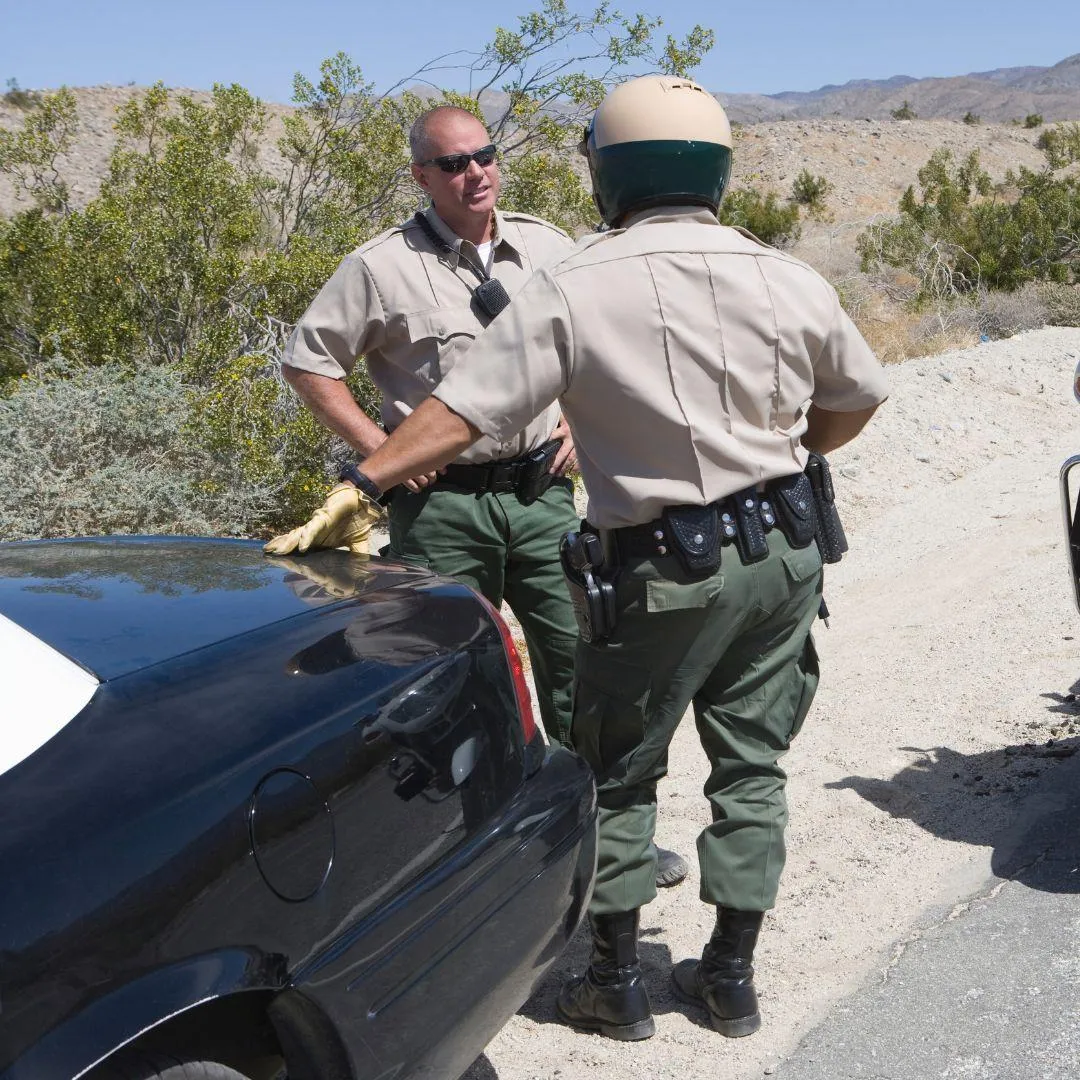What Information Should You Exchange After a Car Accident
(And What to Avoid)
First Things First: Check for Injuries
Before exchanging info, check for injuries. Your safety comes first.
• If you're hurt, stay in the car and wait for help
• If anyone needs medical attention, call 911 immediately
• Even if you feel fine, adrenaline can mask injuries — get checked out ASAP
Only begin gathering info once everyone is safe and the scene is secure.
When you're in a crash, adrenaline kicks in, emotions run high, and it's easy to forget what you're supposed to do next. But one of the most important steps you can take—both legally and financially— is making sure you exchange the right information at the scene.
Getting this right can protect your claim. Getting it wrong… could cost you thousands.
Why Sharing Information Matters
After an accident, both drivers need to report and document the incident for insurance and legal purposes. But sharing the wrong information—or failing to collect the right details—can lead to:
• Delays in processing your claim
• Denied coverage
• Disputes about what actually happened
•Lost compensation for injuries or property damage
The Must-Have Info to Exchange
When you’re at the scene (as long as it’s safe), collect and share the following:
1. Full Name and Contact Information
• Name (as listed on their driver’s license)
• Current phone number
• Address
• Email (optional, but helpful)
2. Driver’s License Info
• License number
• Expiration date
• State issued
3. Insurance Details
• Name of insurance company
• Policy number
• Expiration date
• Contact info for their insurance rep (if available)
4. Vehicle Info
• Make, model, year
• Color
• License plate number
• VIN (if accessible)

BONUS: Take Photos of Their Docs
If they’re okay with it, snap a photo of their insurance card and driver’s license. It eliminates
handwriting errors or missing numbers.
What NOT to Share
While it’s important to be cooperative, be careful not to overshare:
• Don’t admit fault, even if you feel guilty
• Don’t discuss injuries in detail
• Don’t say “I’m fine” or “I’m okay”— this could hurt your claim later if symptoms show up
• Don’t post about the accident on social media
What If the Other Driver Refuses to Share Info?
If someone refuses to give you their license or insurance details:
• Stay calm and avoid confrontation
• Write down their license plate number
• Call the police and request an officer to file a report
• Let law enforcement handle the rest — you’ll be able to request the report later
Pro Tip: File a Police Report Every Time
